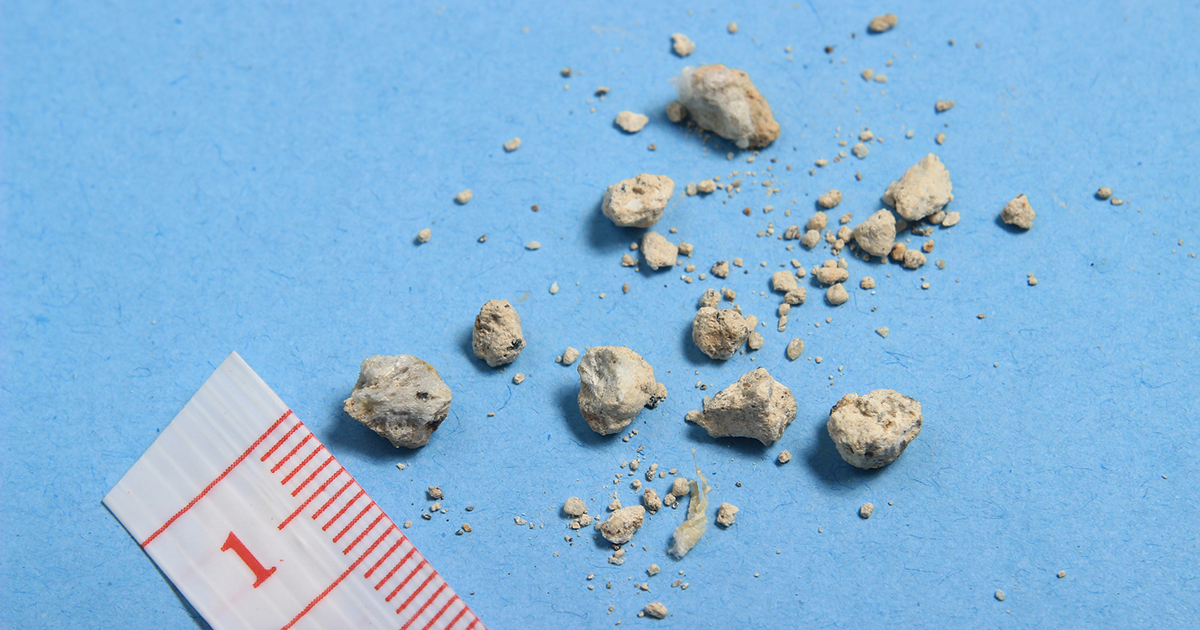Acute Renal Failure: An Overview
Urine Blockage And Renal Failure

An individual who experiences a blockage that stops the normal flow of urine through their urinary tract can develop renal failure as a complication of their condition. The urinary tract consists of the kidneys, ureters, bladder, and urethra. An obstruction can occur in any part of the urinary tract, from the filters in the kidney to the end of the urethra. A urinary blockage can be the result of malignant or benign prostate enlargement, bladder stones, kidney stones, infection, blood clots, weakened bladder, enlarged uterus, abnormal congenital structures, lodged foreign body, benign or malignant tumor, or pelvic fracture trauma.
A urinary blockage can be diagnosed with the use of kidney x-rays, CAT scan, MRI scan, intravenous pyelogram, and kidney ultrasound. A blockage in the urinary tract causes urine to back up into the kidneys, which causes them to swell. The swelling from the excess fluid in the kidneys causes the tissue to become compressed, producing damage to the small filters that make up the organ. When a urinary blockage is left untreated, the resulting kidney damage can lead to renal failure.
Get familiar with the complications of acute renal failure next.
